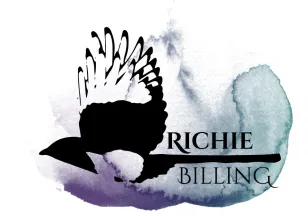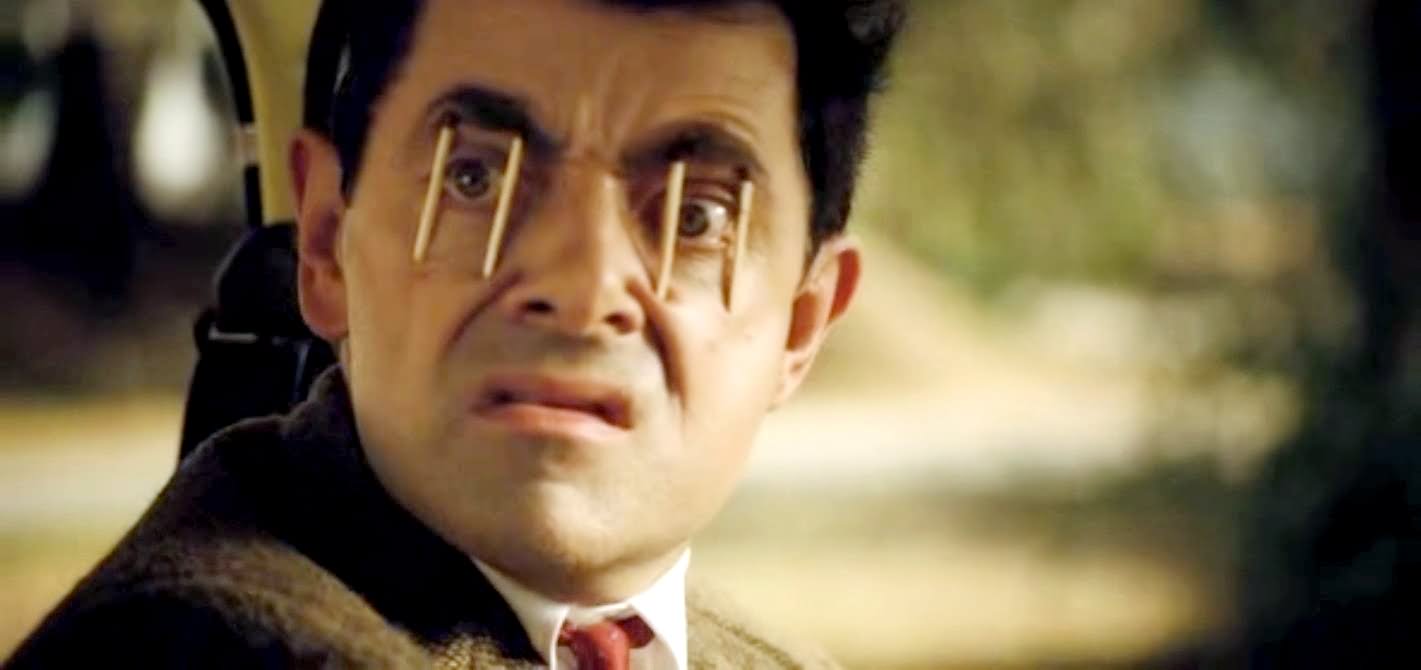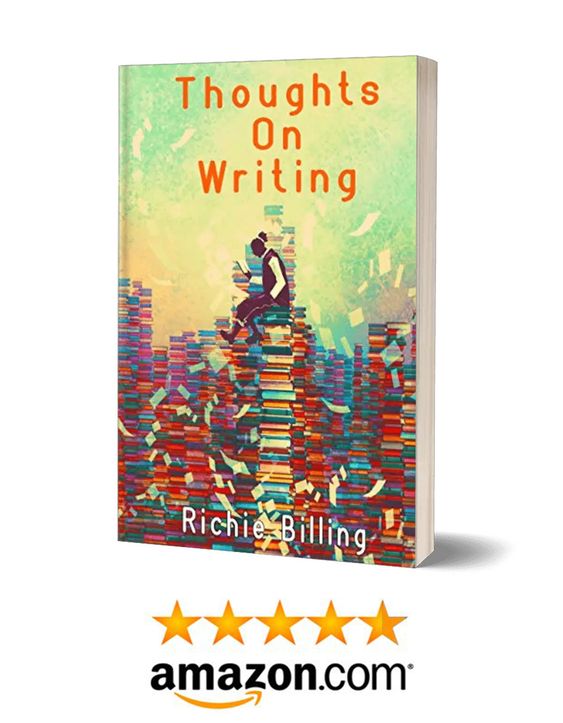When we look at how to edit a novel, our minds can go blank and our hearts start beating that little faster.
Editing your novel can be a mammoth task, tougher even than writing the book in the first place.
Many writers avoid it, deciding to hire an editor or hope that their first draft is good enough without the need to tweak and change.
But running away from editing isn’t the right thing to do. For many writers, the editing process is where the real writing is done. And once you learn a few simple techniques, there’s nothing to hold you back.
I’m a professional copy editor as well as a writer, and in this guide, I’ll show you:
- Why editing is important
- My unique approach to editing a novel
- The length of time it can take to edit a novel first draft
- How you can access free editing help and support
- How to find an editor for your book
- Where to learn more about writing and editing
If you have any other questions about how to edit a novel, please contact me.
Why It’s Important To Learn How to Edit A Novel
A few years ago I decided to look at the first draft of my first novel. It’s a story I love and one I wanted to edit and polish and send out to publishers and literary agents.
I soon became ensnared by problems like Frodo in Shelob’s Lair. As Frodo probably asked himself during that hairy predicament, “There must be an easier way of doing this.” I asked myself the same question.

Editing is a technical job. It requires an understanding of the technical structures of sentences, the usages of words, spelling and grammar, and when it comes to editing a novel, how the plot, theme and characterisation all tie in together.
When it comes to novel writing, you’re dealing with a significant amount of words. Upwards of 80,000. That’s a lot of critical, painstaking reading. Naturally, writers are dissuaded from the challenge and hire an editor. But if you pay for this yourself, some editors charge $0.017 per word. For an 80,000 word novel, that comes to around £1,360.
If you’ve got the money, great. If not, well, you need to learn how to edit your novel.
How I Edit A Novel
A good story is grown. It takes months of careful nurturing, uncovering the meanings hidden within, fixing characters so they leap from the page, refining plot and prose to make it gripping and immersive.
Just like growing a plant, a story requires patience and dedication.
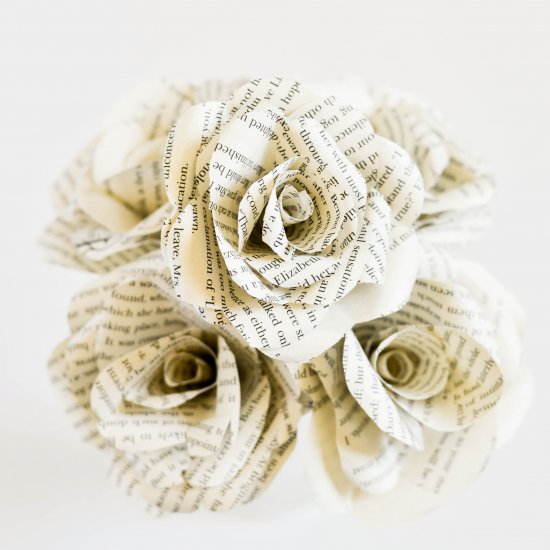
There is no exact science when it comes to editing a novel. Everyone has their own approach.
Some edit as they go along, ensuring each page is in tip-top shape before moving on. This can take an age to write, however.
Others bash out the first draft and then pick it apart.
Some don’t bother editing at all.
The method below is one I use and have found most useful, and if you’re looking for ways to approach how to edit a novel, this may help you too.
How To Edit A Novel Or Short Story
- After a day or so, undertake a re-read of the first draft, correcting any glaring errors which leap off the page to ensure readability. Refrain from getting drawn into editing challenges, but by all means, highlight them for later attention.
- Set the story aside for a few weeks. The longer the better so it slips out of your mind. This good advice comes from Stephen King.
- Go through it once more, this time attending to major matters—plot, character, theme and dialogue. Master editor, Sol Stein, recommended this approach, and it makes sense. Think of it like fixing a car. You wouldn’t start with the window wipers if the engine’s broken. Set about correcting any issues which fall under these umbrellas. They’re usually the hardest and trickiest to fix
- Major matters considered and re-worked, now read over it once more, pruning the new sections you may have added. Remember, new additions will be in first draft form so will need attention. Consider and fix problems with prose too. Under the umbrella of prose, I’d include everything from grammar, syntax, structure, adjectives and adverbs, passive voice, using the 5 senses, showing instead of telling, and worldbuilding.
- Send it to people to read. Ask friends and family, though people you do not know is always best. They’re more likely to be honest with their views. If you’re struggling to find people to read your work, try joining my online writing group, or see here for more group.
- If you have a mailing list, ask the kind folks who’ve subscribed. Some of the best advice I’ve received has come in response to my requests for fresh eyes.
- When you send out your story, ask for their views on the major components above all else: character, plot, theme, dialogue and prose.
- After a few weeks, re-read the story with the comments of readers in mind. As always, set about correcting major errors before any other. If a number of people raise the same issues, then you know you ought to fix them. If readers raise a number of different issues, take time to consider them before going ahead and changing.
- After leaving the story another week or so, revisit. The more times you read through it, the better.
- This stage is optional, but if you can factor it in your story will be better for it. Send it to readers again. Ask for comments on the piece as a whole—whether the original problems were corrected well enough, prose… everything. This is near enough your final draft.
- Make any suggested corrections (that you agree with), read over it a couple times more and then look to get it published.
I hope this helps you in some way. Like I said before, this approach is one that works for me. The more time you spend editing the more you’ll come to learn your own preferences and methods. Below, we’ll take a look at some other considerations when it comes to looking at how to edit a novel.
Here’s another great (and free) resource you can take advantage of too by fellow author and book coach, Stacy Juba. It’s called “Looks and Gazes” and it’s designed to help you liven up the prose and descriptions surrounding facial expressions and interactions—basically how to jazz up the times you say “looked” or “gazed”.
How Long Does It Take To Edit A Novel?
The length of time you can spend editing a novel varies. As a rule, the more time you invest in the process, the better the finished product will be.
It also depends on your process. For example:
- Some writers draft a few pages, then go back and edit those pages before advancing further with the story. Some authors have been known to spend years on a single novel editing in this manner.
- If focusing on major matters first, as discussed above, you may find the first round of editing is completed quite quickly. If your prose is generally pretty sharp, then you may only need to do another line edit or two and your piece will be finished.
- Another approach to editing may involve repeatedly editing the first draft, moving through line by line, and polishing it. This approach can take time, but you also run the risk of making wholesale changes to some bits, meaning they may require further editing down the road.
By taking a focused and determined approach, with enough time investment, it’s quite possible to edit a novel in around 6 months. Some professional authors may get through it quicker, others may take longer, especially if working as a writer part-time, like many of us.
The point is, don’t let the length of time distract you. Focus on nothing but producing quality.
Get Free Editing Support
As we’ve seen, editing can be expensive. The more we can do ourselves the better not just for our bank accounts, but in terms of skills and experience.
I taught myself how to edit and now I work as a senior copy editor for a marketing agency.
The best way to get better is to work with others. And you can do that for free when you join my online writing group. With over 190 passionate and enthusiastic writers, you’ll find people willing to beta read your pieces and maybe even offer editorial support.
To join, simply subscribe to The Writers’ Toolshed newsletter. As well as an invite, you’ll get a biweekly email packed with writing tips, guides, news, podcasts and calls for submissions. Plus, a free copy of my book, Thoughts On Writing.
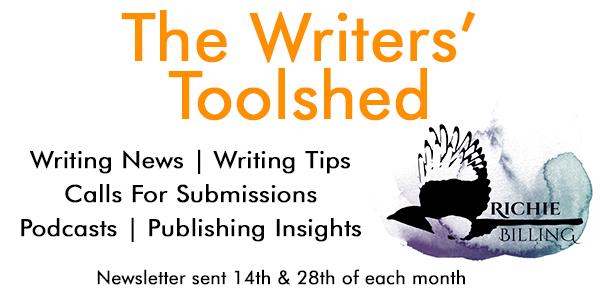
How To Find An Editor For Your Book
If you’ve decided you want to work with an editor, you’re spoilt for choice in terms of who you can work with.
Before we dive into the ways you can find an editor, let’s look at the different types of editors:
- Developmental – this type of editor looks at your key elements, like the concept of the story, the plot, theme, characters, and examines how they all tie on together. They’ll help you develop the story into what you want it to be.
- Copy – a copy editor examines how the story is written. They’ll check spelling and grammar, clarity and the way sentences and paragraphs are structured.
- Line – a line editor is similar to a copy editor in that they move through the piece line by line, scouring each word with their red pen hovering at the ready.
- Proofreader – similar to the two immediately above, a proofreader gives your piece that final once over to make sure it’s in tip top shape.
So how do you find an editor?
Freelancing sites are the best place to start. They can be a bit daunting to use first, but they’re safe and secure in terms of payments.
And editors on these websites pride themselves on their reviews and reputation. You can therefore see what other writers think before contracting them to edit your novel.
These are the three sites I’m most familiar with and the ones I use myself. Simply create a profile and post your job. People will quickly pitch for work and you can analyse the applicants.
If you’re looking for genre-specific editors, you can also look to join some writing groups on Facebook and other platforms and advertise there. Just be careful if going down this route. Always double-check people’s backgrounds and claims.
Learn More About How To Edit A Novel
If you’d like to learn more about how to edit a novel, I’ve included some other useful sources below.
For more writing tips and guides, head here.
Head here to learn about writing fantasy novels without magic
If you get stuck trying to name a character or fantasy race, try my demon name generator tool for free.
If you have any questions at all about editing a book, please contact me.
- Mastering Dialogue: The Very Best Tips - January 12, 2024
- The Proven Method Of Writing Short Story Cover Letters - November 10, 2023
- Tips, Advice And Guidance On Writing Villains And Antagonists - November 7, 2023
